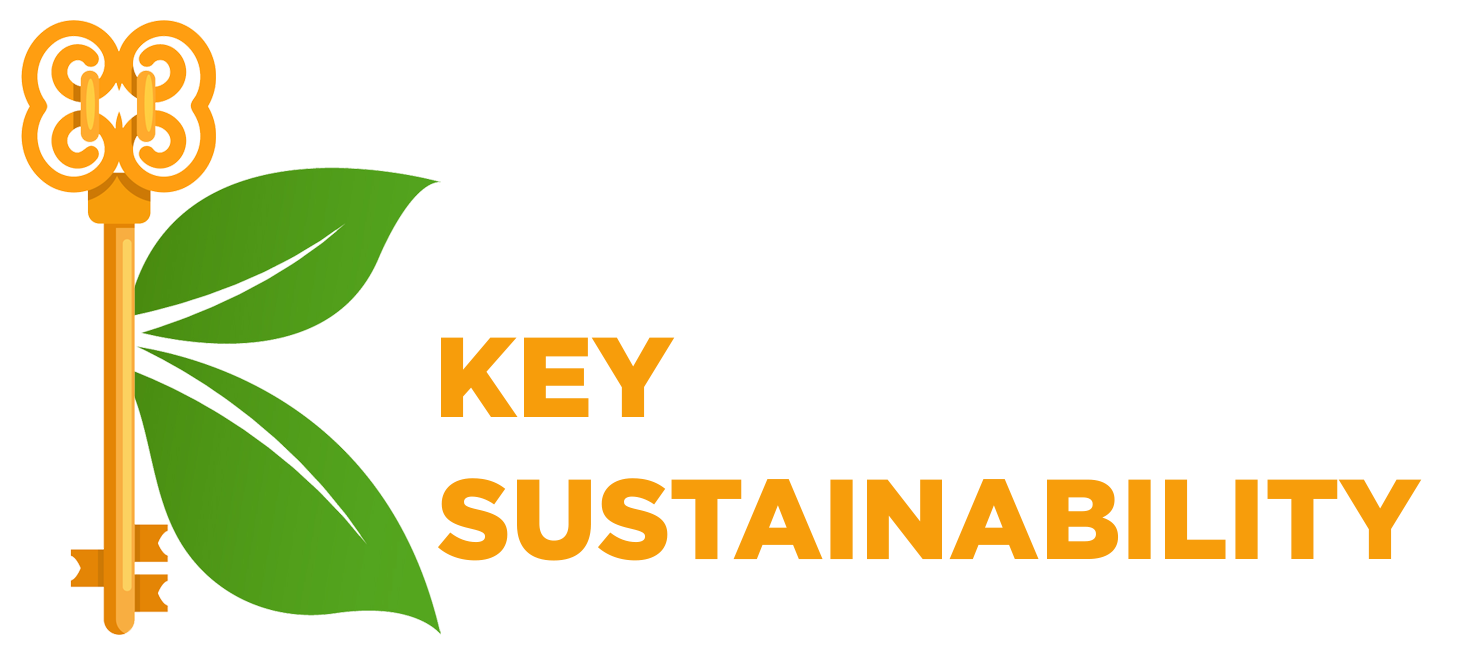The electronics industry, a cornerstone of modern life, faces increasing scrutiny over its environmental impact. As the world grapples with climate change and resource depletion, the push for sustainability in electronics has never been more critical. This article explores the key aspects of sustainability in electronics and the steps being taken to create an eco-friendlier industry.
The Environmental Impact of Electronics
Electronics manufacturing is resource-intensive, involving the extraction of precious metals and the use of hazardous chemicals. The production process generates significant carbon emissions, contributing to global warming. Additionally, electronic waste (e-waste) is a growing concern, with millions of tons of discarded devices ending up in landfills each year, releasing toxic substances into the environment.

Key Strategies for Sustainable Electronics
- Design for Longevity: One of the most effective ways to reduce e-waste is to design products that last longer. This includes using durable materials, modular designs that allow for easy repairs and upgrades, and providing software updates to extend the life of devices.
- Recycling and Reuse: Implementing robust recycling programs is essential. Companies are increasingly focusing on reclaiming valuable materials from old devices and reusing them in new products. This not only conserves resources but also reduces the environmental footprint of manufacturing.
- Energy Efficiency: Reducing the energy consumption of electronic devices is another critical aspect of sustainability. Manufacturers are developing energy-efficient components and optimizing software to minimize power usage. Additionally, the use of renewable energy sources in production facilities can significantly cut carbon emissions.
- Toxic-Free Materials: Eliminating hazardous substances from electronic products is crucial for both environmental and human health. The industry is moving towards using non-toxic materials and adhering to strict regulations like the Restriction of Hazardous Substances (RoHS) directive.
- Circular Economy: Embracing a circular economy model, where products are designed for reuse, refurbishment, and recycling, can drastically reduce waste. This approach ensures that materials remain in use for as long as possible, minimizing the need for new raw materials.
Innovations Driving Sustainability
Several innovations are leading the way for a more sustainable electronics industry:
- Printed Electronics: This technology allows for the creation of electronic components using environmentally friendly inks and substrates, reducing waste and energy consumption.
- Biodegradable Electronics: Researchers are developing electronic devices made from biodegradable materials that can safely decompose after use, reducing e-waste.
- Smart Manufacturing: The adoption of smart manufacturing techniques, such as the Internet of Things (IoT) and artificial intelligence (AI), can optimize production processes, reduce waste, and improve energy efficiency.
The Role of Consumers and Policymakers
Consumers play a vital role in driving sustainability in electronics. By choosing eco-friendly products, supporting companies with sustainable practices, and properly recycling old devices, consumers can make a significant impact. Policymakers also have a crucial role in setting regulations and standards that promote sustainability, such as e-waste recycling mandates and incentives for green manufacturing practices.
Conclusion
Sustainability in electronics is not just a trend but a necessity for the future of our planet. By adopting sustainable practices, the electronics industry can reduce its environmental impact, conserve resources, and create a healthier world for future generations. As technology continues to evolve, so too must our commitment to sustainability, ensuring that innovation and environmental stewardship go hand in hand.

